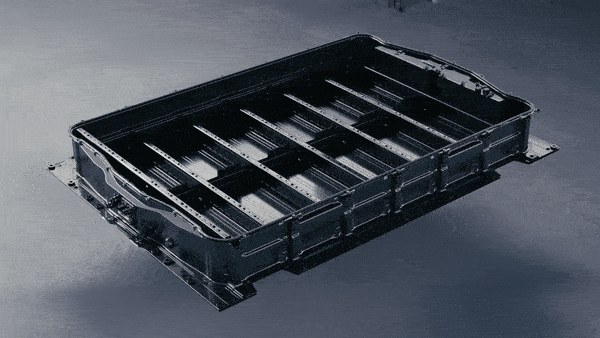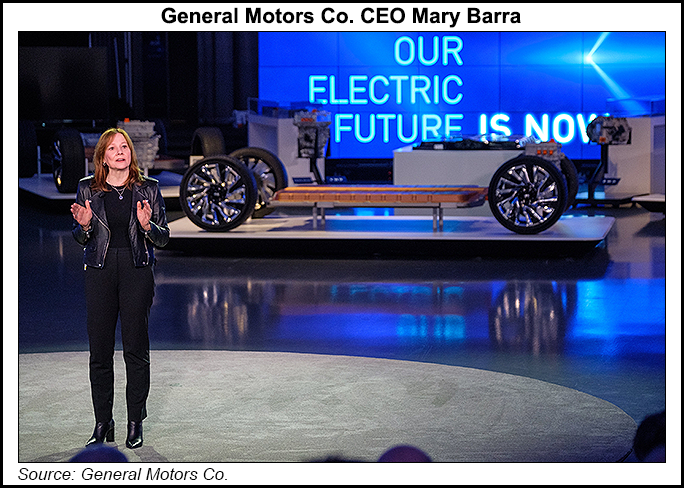EV battery production is a process that can generate a lot of wastes, including leftovers from the materials used. With General Motors set to spend billions of dollars making its own Ultium batteries, there is potentially a lot of waste.
However, Canadian company Li-Cycle is stepping in to help GM clean up its mess. It was revealed in a press release by the former that Li-Cycle will recycle up to 100 percent of the material scrap that is produced during the production of the battery cells. The materials include cobalt, nickel, lithium, graphite, copper, manganese, and aluminum.
Ly-Cycle will use 95 percent of the recovered materials to make new batteries for use in other industries. The recycling company will be deploying a hydrometallurgical process that cuts down carbon emissions from the process by 30 percent. Li-Cycle’s process will shred the materials and dissolve them in a specially made solution at low temperatures, unlike other companies that burn off the excess unusable materials. This helps Ly-Cycle get more out of the waste materials.

What Ly-Cycle is doing here is different from recycling or repurposing old batteries as they get their own materials during the production of GM’s Ultium batteries. GM claims it has made giant strides in recycling its own old batteries, as it recycles or reuses all battery packs returned by customers. The American automaker said most of its electric cars are repaired with refurbished batteries.
GM’s battery recycling effort is set to get easier as the new Ultium batteries use a modular design that make them easier to process. GM will use the Ultium battery first in its upcoming 2022 GMC Hummer pickup truck, an electric on its iconic gas-powered Hummer SUV.
GM, in partnership with LG Chem, has recently stepped up its battery game as it begins to take an electric future seriously. Other EVs expected from the automaker is the Cadillac Lyriq slated for a 2022 production.

Ly-Cycle has production facilities in Rochester and Ontario, and it is setting up another one in Arizona. Combined output after the third plant is completed will be 4 gigawatt-hours worth of batteries annually. It has contracts with 14 companies to process their wastes.
“Our combined efforts with Ultium Cells will be instrumental in redirecting battery manufacturing scrap from landfills and returning a substantial amount of valuable battery-grade materials back into the battery supply chain,” says Ajay Kochhar, president, CEO, and co-founder of Li-Cycle. “This partnership is a critical step forward in advancing our proven lithium-ion resource recovery technology as a more sustainable alternative to mining.”